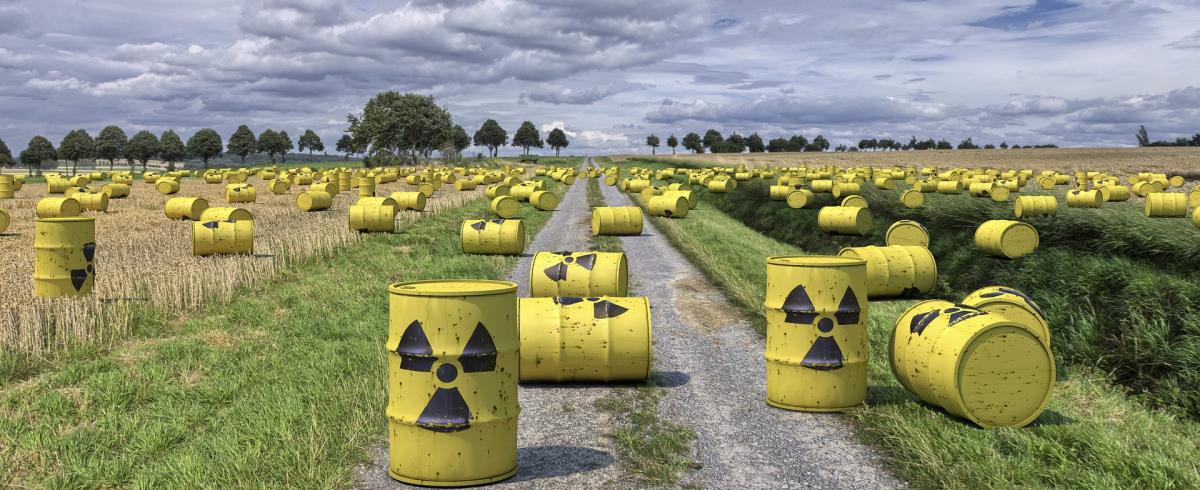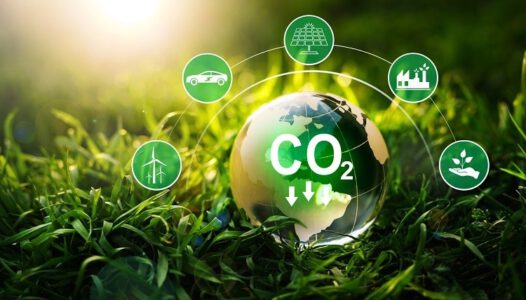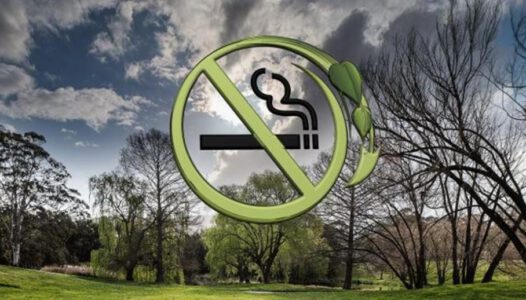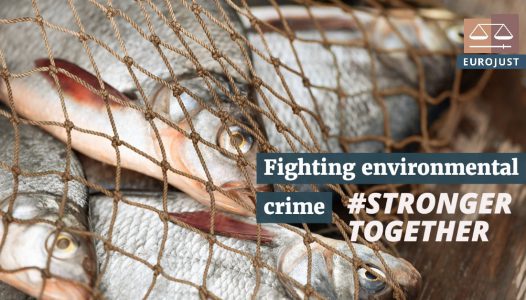Specialised public prosecutors from the United States and EU Member States will step up their cooperation to tackle major cross-border and intercontinental environmental crime. During a dedicated liaison meeting, hosted by Eurojust, officials devised a process to set environmental crime priorities for operational action, criminal intelligence sharing, and developing cooperation tools and mechanisms to exchange information and best practices.
The types of environmental crime under review include:
- Marine and maritime pollution, such as major oil spills, plastic and waste dumping at sea and environmental damage caused by ship source pollution
- Waste crime, including industrial pollution by enterprises active in both the EU and the US
- Wildlife crime, such as the illegal trafficking of protected species
- Illegal timber trade
- Air pollution, including reducing illegal use of CO2 producing gases, such as CFCs and HFCs
- Pollution of controlled waters and soil contamination
The meeting followed up on the commitment by EU and U.S. Justice and Home Affairs Ministers meeting in June of this year to intensify cooperation against environmental crime, with a view to protecting the environment and combating climate change.
The liaison meeting at Eurojust brought together representatives of the United States Department of Justice (DoJ), the Directorates General for Justice and Environment of the European Commission, the European Network of Prosecutors for the Environment (ENPE), Eurojust and Europol. Eurojust has regular contact with ENPE. The United States is one of the ten countries outside the EU that has a Liaison Prosecutor at Eurojust.
These established contacts and liaisons will play a key role in enabling strategic and operational cooperation to combat environmental crime. For this purpose, regular meetings between such officials are to be held. Eurojust and ENPE will provide organisational, operational and logistical support to this cooperation.
Source: Eurojust






